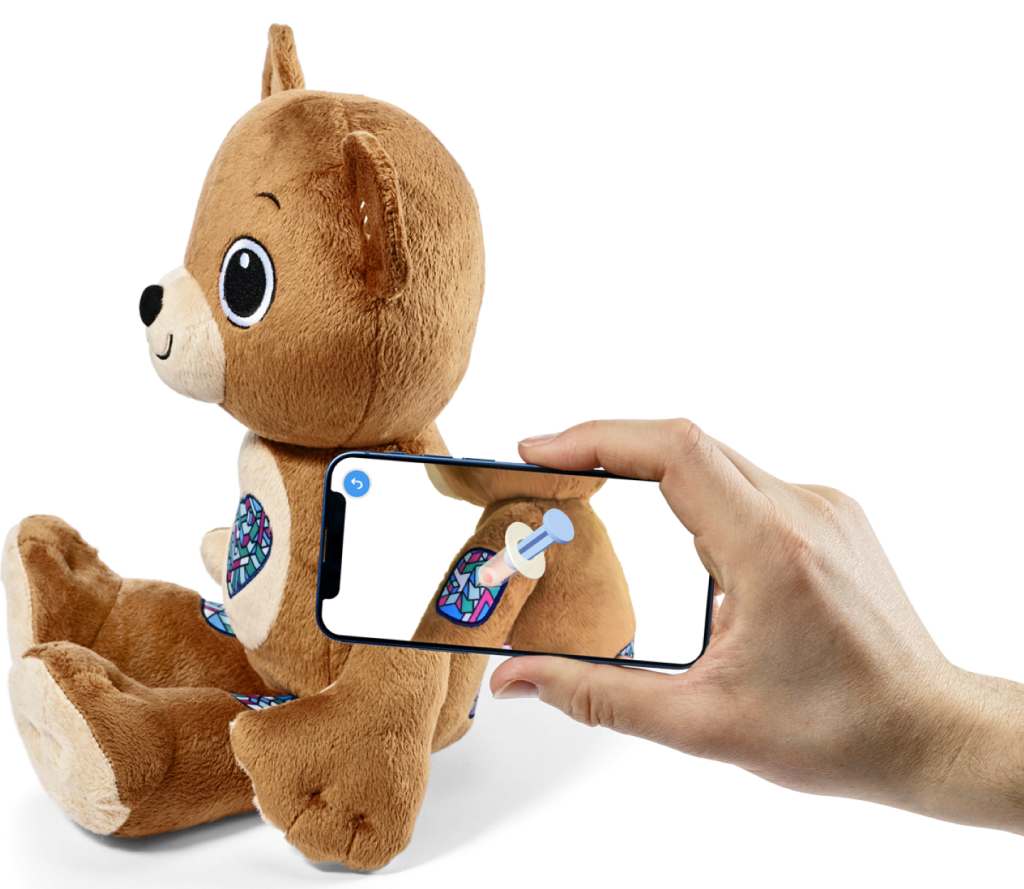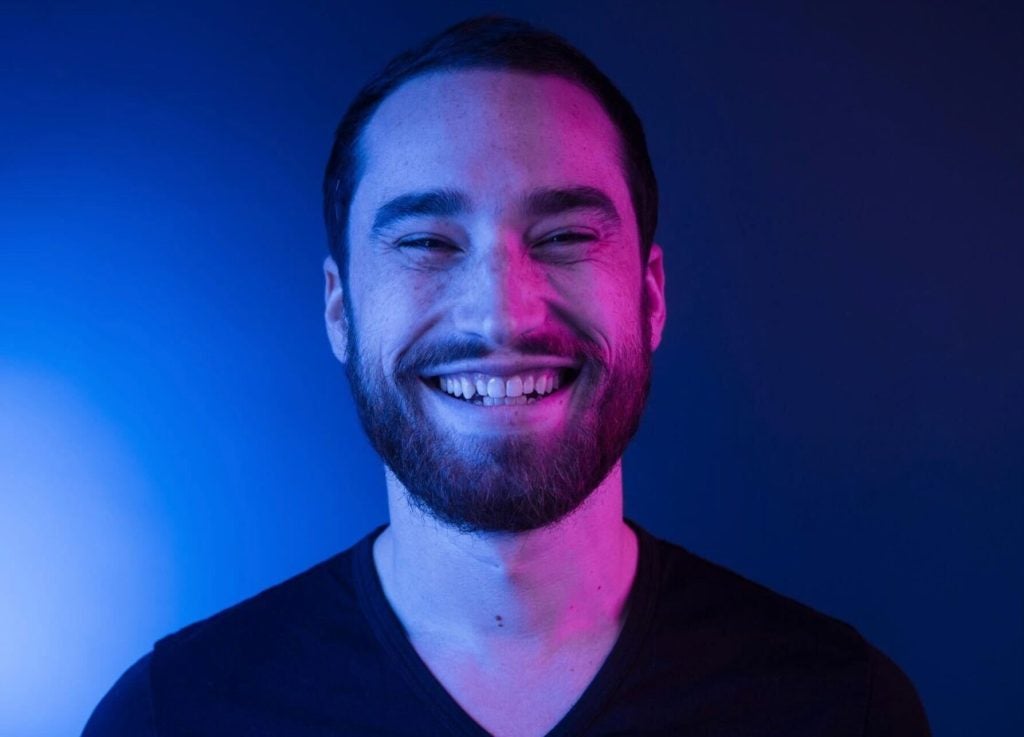Understanding the process of a clinical trial and consent is challenging for every participant. But this experience can be considerably more burdensome for the paediatric population, which has the highest dropout rate in clinical research.
As a consequence, certain processes need to be introduced to guide children through a challenging part of their lives. One of them is having an interactive real-life companion that can create comfort and emotional support for children.

Discover B2B Marketing That Performs
Combine business intelligence and editorial excellence to reach engaged professionals across 36 leading media platforms.
In an exclusive interview with Clinical Trials Arena, Aaron Horowitz, founder and CEO of Empath Labs, shares how toy-like companions can aid families through the complex world of healthcare and clinical trials. For over a decade, Horowitz led digital startup Sproutel, which is now rebranding to Empath Labs with a sole focus on clinical trials.
Urtė Fultinavičiūtė: What burdens or challenges do children face when enrolling into a clinical trial?
Aaron Horowitz: First and foremost is understanding what a clinical trial is, what is their role in a clinical trial, and why it is important. We know that consent for adults is such a difficult process, and this is only magnified for children, especially children across a wide variety of health literacy backgrounds or abilities.
Then as the trial goes on, there is the need for comfort and emotional support. We have talked to a lot of families that can describe being in a trial as quite scary for kids. There is also a need for education throughout the trial process itself. We are big believers that consent is continuous, so it is important to make sure that children are continuously engaged in the study.

US Tariffs are shifting - will you react or anticipate?
Don’t let policy changes catch you off guard. Stay proactive with real-time data and expert analysis.
By GlobalDataUF: How can technology ease that journey or guide them through a challenging part of their life?
AH: We have been in the field for around a decade of providing technology that can create comfort and emotional support for children while helping them emotionally engage with their care. Our interactive companions are currently used by over 125,000 children around the world. There are other ways that this type of support can be provided but the most critical thing is reaching children at their level.

We know that children speak the language of play, and we reach children with the language that they speak. We use technology to help empower children and put them in the role of caregiver, so they can really understand every single thing that is going to happen. We create these companions that mirror children’s experiences throughout a trial. If they’re getting their blood drawn, so is their companion.
UF: The child’s age determines if they are able to complete electronic patient-reported outcomes (ePRO). How does your technology ease the collection of self-reported data collection?
AH: Currently, the Clinical Companions platform does not collect any type of ePRO from children. While we do not collect ePRO data, we collect data on how they are using the platform. There are interesting potential correlations between engagement in the platform and engagement in their care. As we look towards the future, we have all sorts of ideas, from collecting more unstructured data to making survey data more interactive and tactile for kids.
We have learned a lot from our product called My Special Aflac Duck for which we use physical emoji disks that kids can tap to the character to enact these emotions and show their caregivers how they feel. We are developing prototypes in which children can self-report in a way that makes them comfortable and that is not a lengthy survey about their patient experience.
UF: Can technology add-ons increase the price of a clinical trial, resulting in an increased price of medication?
AH: We believe that technology add-ons can be used to make trials more efficient. Obviously, technology add-ons have a cost, and a platform like ours fits within the existing patient engagement budgets of clinical trials. It is cost-neutral from a trial standpoint.
We are working to show that our platform can affect retention and compliance rates. Our aim is to help shorten the clinical study and lower the costs, while still providing immense comfort to kids and empowering them in the study itself.
The dropout rates are quite high in paediatric clinical trials. There’s a wide range of reasons for that, such as the stress that children can go through and the parent’s perception of how their child is feeling. If you are a parent and your child is really struggling, it is difficult to weigh the cost and benefit of staying in the trial.
UF: What is the future of Empath Labs and how do you plan to improve the challenging conduct of paediatric trials?
AH: Something that we think a lot about is healthcare. Healthcare is composed of two discrete components: health and care. In the past decade, we have made massive advancements on the health side, curing diseases, and developing new treatments. Our vision is to transform the care side of healthcare, by developing patient experiences that are compassionate and empathetic – beginning in paediatrics.

I founded this company as a patient because I grew up with human growth hormone deficiency and I gave myself injections every day as a child. I distinctly remember not understanding what was going on during that process.
For the past 11 years, the lens that I bring is wanting every child to understand what they’re going through. While we’ve done that for the past decade as Sproutel, this year with the launch of Clinical Companions we are focusing on clinical research and have rebranded as Empath Labs.
As Empath Labs, we aim to reshape the patient experience from the drug development process all the way through the continuum of care. The ultimate goal is to accelerate the development of drugs, to help all patients understand what they’re going through, to save money for sponsors, and to do well by doing good.





